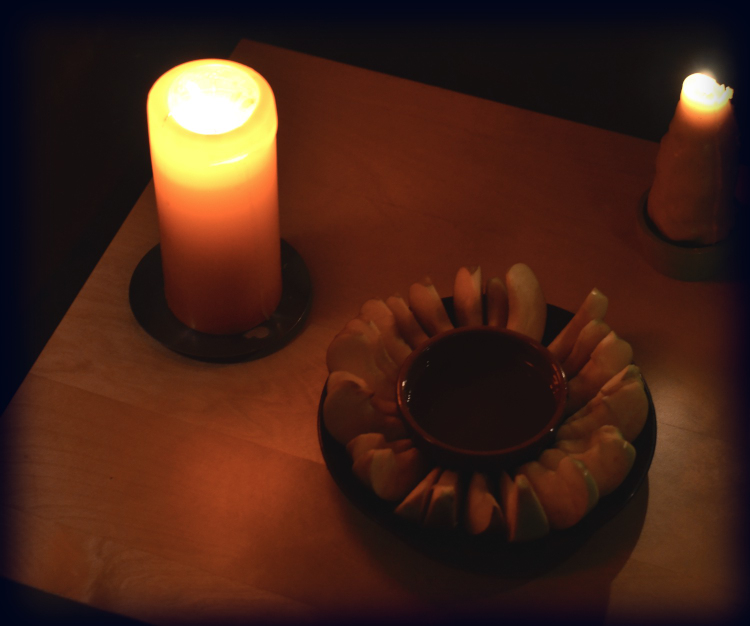The proposition of the Christian religion could be elevator-pitched as: we do not have to take responsibility for our sins – they are forgiven by Christ; we get a fresh start, and the sins we still commit while in our bodies are continually swept away by Christ’s blood. The flipside is: we will also refrain from taking credit for any of our achievements – they will all be done in the merit of Christ – Gal 2:20.
Does self and ego play into this? This creation is not “ours”, we are not our own, we do not possess anything in this world, least ourselves. In that respect, we cannot take credit for creating or being anything, originally. This life is entirely a free gift. At least, i hope nobody in his/her right mind would claim that s/he actually made its own figure and breathed of hers own spirit into it. If we acknowledge that we are part of a creation that we have not initiated nor set in motion, we also admit that we do not know why it was made, or what for, unless the Creator reveals it to us.
The Creator’s purposes are necessarily higher than the created beings can comprehend – Is 55:8-9. Life’s noblest pursuit should be trying to align the best we can with the perfect and beautiful designs and purposes of the creator – in short, to love G-d. We are all thrown into this struggle of realizing this pursuit within the warring tendencies of our conscious and subconscious minds.
What is this Christ for then? What is his redemption? We still struggle, either side of our “conversion”. The purposes haven’t changed. Before coming to the faith, we were serving “our own”, selfish desires, now we are serving “G-d”? This notion holds no water, in light of the above.
All is subject to G-d the creator; HaShem can end this whole creation any instant, and it would be as if it had never existed. Yet He chose to make us conscious, with minds crated and appointed to think freely. He set this creation up in a way that we should live with the mindset that our own individual and collective actions matter, and that we shall take responsibility for these actions. Even if that understanding or perception is not outright “true” (what is truth), it is the only way we can redeem our lives. No third party can do this for us.
Is it the dying and living again, being raised? We all die a bit every night when we go to sleep, and are raised again the next morning, if HaShem wills. Every new year is a fresh start – Shana Tovah 5782! The current moment is the only time that “counts”, past and future are heaps of memories and premonitions. The world is re-created every yoctosecond – more often, in fact, but that’s the shortest interval we humans currently have a name for.
Is the Christian proposition, the rationale for this religion, not a mirage? I’d be curious to hear your thoughts via the comment section below, or via the contact form.


It’s good to carry on reading Isaiah 55, v10 “For as the rain and the snow come down from heaven, and do not return there without watering the earth and making it produce and sprout, and providing seed to the sower and bread to the eater” 11 “So will My word be which goes out of My mouth; It will not return to Me empty, without accomplishing what I desire, and without succeeding in the purpose for which I sent it.” (NASB).
What we sow, that we’ll reap. Paul also taught this, Gal 6:7-9. Yeshua’s/Jesus’ redemption doesn’t change the fact taht we’re responsible for our actions and build and produce our own destiny.
The bible is much more diverse and ambiguous than most people realize :
https://youtu.be/XS7LgbMr1m4
Especially the book of revelation is hilariously bogus :
https://youtu.be/f_L4_LmqImY